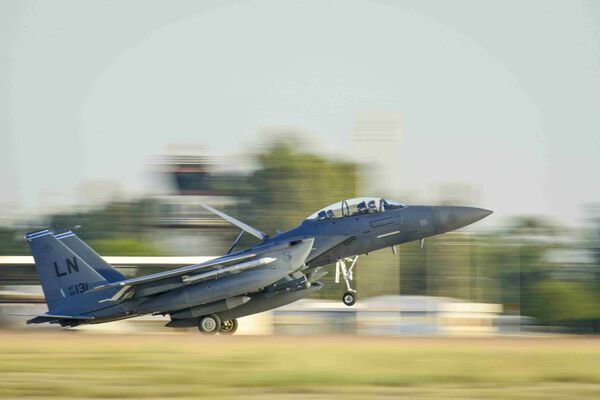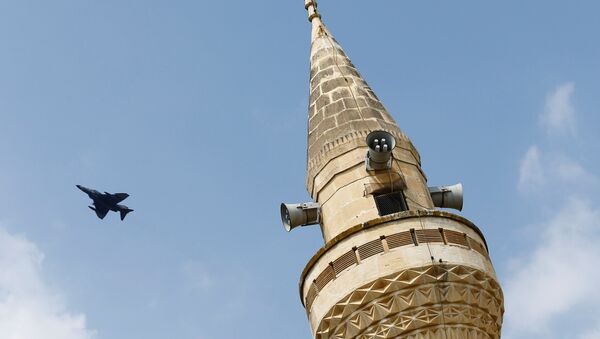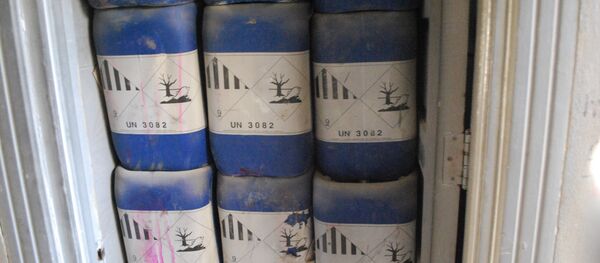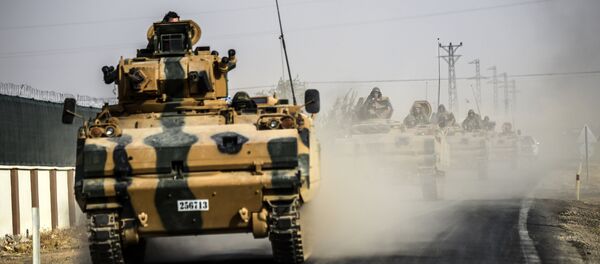Although Ankara is fiercely opposed to this since it views the Kurds as a destabilizing force in the region and at home, its ability to do something about it is limited, but not entirely non-existent. This is what could have to an extent prompted the Pentagon to set up an air base near Kobani, a Kurdish-controlled city located approximately 90 miles away from Raqqa, last year. The airstrip was recently modified and expanded so that different types of aircraft could land there.
"The Obama administration refused to carry out a joint operation in Raqqa with Turkey. It has become clear that the Trump administration has no wish to do this either. The Americans intend to enter Raqqa with Kurdish forces. The United States has likely been engaged in infrastructure activities in Kobani in case Ankara suddenly prohibits the US from using Incirlik during the Raqqa operation," Professor Yavuz explained. "In other words, both the United States and Turkey have built military facilities in northern Syria, assuming that they would have to carry out future counterterrorism operations without assistance from each other."

Professor Yavuz, a defense analyst who served as a foreign policy and security adviser to the chairman of Turkey's Nationalist Movement Party (MHP), suggested that this state of affairs is unlikely to change regardless of current disagreements, meaning that military installations in Kobani could not replace Incirlik.
"Will [the US Air Force base in Kobani] become an alternative to Turkey's Incirlik? This is an unlikely scenario in the long-term," the analyst said.
Meanwhile, Turkey is reportedly engaged in setting up bases near the Syrian city of Jarabulus, the first target of its Operation Euphrates Shield.
"It should be noted that these are not permanent military installations, but temporary facilities established to provide logistical support to the Turkish military deployed to the region to carry out counterterrorism operations in Syria," Professor Yavuz said.
Never miss a story again — sign up to our Telegram channel and we'll keep you up to speed!



